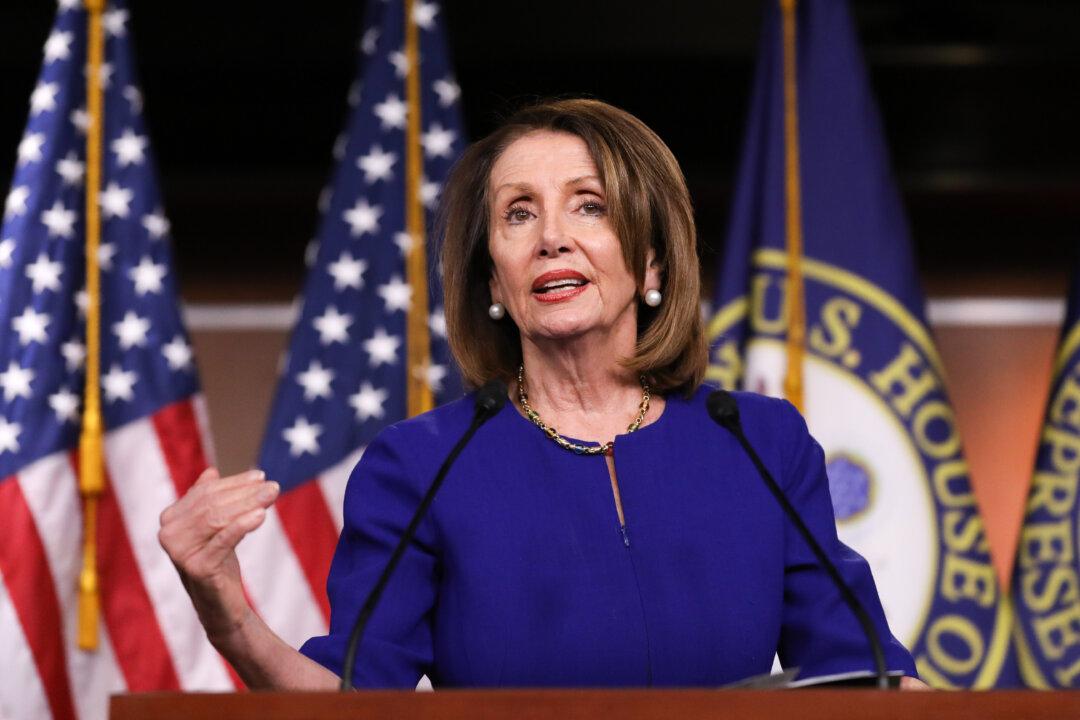WASHINGTON—Among Nancy Pelosi’s first moves as Speaker of the House was to create the Select Committee on the Modernization of Congress, with six members from each political party and chaired by Rep. Derek Kilmer (D-Wash.).
She did so, Pelosi (D-Calif.) claimed, because voters demanded “a Congress that would be ethical, transparent, unifying, and responsive to their needs and aspirations.”





